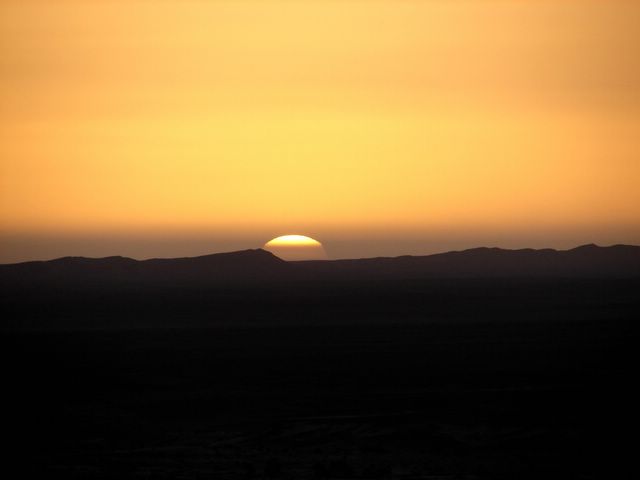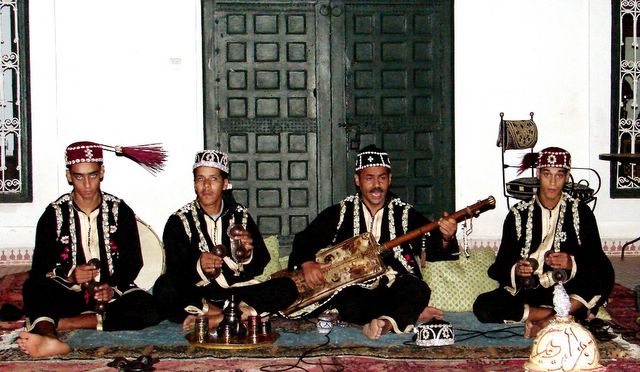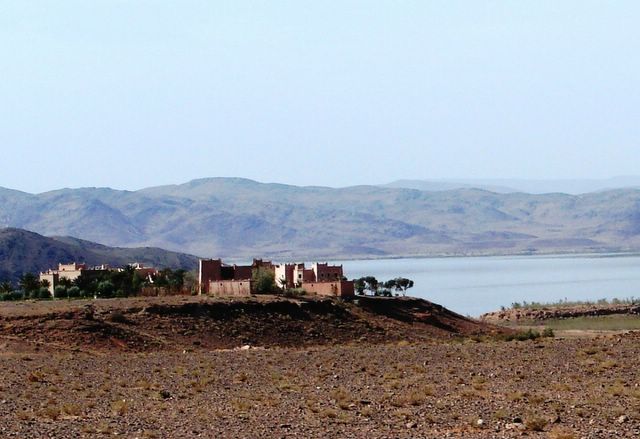More from Central Asia
As we continue to monitor events spurred by last week's ousting of the ruling regime in Kyrgyztan, we ought to be wary of definitive statements about the future of this Central Asian nation at the present time. Many questions remain unanswered about the unity of the opposition that forced president Akaev into exile. Furthermore, it is not yet clear whether the opposition is attached to the values of democracy, nor is it clear at this time whether the obituary of the ousted regime has indeed been written. Therefore, in seeking some more answers about the emerging situation in Kyrgyztan, I asked my friend who is currently in Bishkek to provide me with some of her insights with regards to the following questions:
(1) What is the expressed intent of the opposition and their expressed political agenda?
(2) Is the opposition united?
(3) How does Russia fit in this story?
My friend was gracious enough to take time and provide me with the following answers, which I am sharing in hope that it furthers your understanding of a very delicate situation in what is undoubtedly a very unique region of the world.
"Part of the problem here is that the opposition didn't have much of an agenda besides getting rid of Akaev and his corrupt regime. The opposition is somewhat fragmented. It has never been clear to me which oppositionists were genuinely interested in democratic reform and which ones were merely upset that they were on the outside of a lucrative 'resource capture' system. I think there are some of each type involved.
Right now the oppositionists seem to be negotiating amongst themselves for who gets what part of the power. However, because of the speed with which the transition occurred, much has to be sorted out under pressure. It is also not clear to me that this new government is stable and that the previous regime is really vanquished. It is possible, in my mind, that Akaev and his people will try to retake power in some way - I just don't know. Fortunately, as far as I have been told, there's not a lot of military hardware lying around here so any power struggle will rely on limited means of force.
For now, the biggest danger is to retail establishments which are being looted by what appear to be very well-organized gangs (guys drive up in Mercedes and BMWs with trucks, break in, take the best stuff, and then quickly move on to the next place) followed by opportunistic criminals and ordinary people. The new government is pleading for people to behave responsibly, but I get the sense they can't really control the looting just yet.There have been no attacks on people, and no street fights between supporters of various sides (at least nothing I've heard of yet). Also, there have been no ethnic clashes or anything like that.
Regarding Putin's position, he has been very noncommittal. There was a report before all this happened (Monday or Tuesday) that Akaev had gone to Moscow to meet with Putin and had been denied an audience. On Friday(last week) he said on TV that he knows the leaders of the opposition movement and they are 'decent, responsible people' (sounds almost like an endorsement) but that 'everything must be done according to the constitution'. He also said he is open to discussing things with Akaev. My sense is that he is keeping his options open, since Russia was made to look so stupid in Kiev."


























3 Comments:
From what I understand, Preliminary elections are confirmed for June 26th I believe, although there continues to be some controversy surrounding this.
There is the bigger issue of the Kyrgz legislator. The once bicameral legislature was recently turned into a unicameral one. People are questioning whether this newly structured unicameral legislature is legitimate, and has any legal authority. Kurmanbek Bakiyev has been recognized by the new unicameral legislature as the provisional Prime Minister of Kyrgzstan. There are several competing camps, who for now, are willing to put aside differences in the aim of stabalizing the country.
Being that the southern regions of Osh and Jalal-Abad have been known to be prone to Islamic fundamentalism and extremism, there is a real threat of ethnic/cultural/religious division rising from the politically volatile situation right now.
March 28, 2005
Great info Khalij. Thank you.
March 31, 2005
Update as of April 11th - President Askar Akaev submitted a formal resignation a week ago from Moscow, where he has political asylum. The current Kyrgy Parliament is comprised of the deputies with seats won in the recent elections over which there was only limited controversy -- the most contested seats remain unrecognized pending a new round of voting which hasn't been scheduled yet. Akaev's daughter, Bermet, must wait for a new election but I believe his son, Aidar, could attend Parliament if he chose because his seat isn't being contested. I'm not sure, but I believe both children are still in hiding. If Aidar is here, he has been very quiet.
The sitting Parliament debated for a week over whether or not to accept the resignation. The problem was that the resignation included provisions for immunity from prosecution for Akaev and his family, as well as guarantees for a financial package and access to media outlets whenever he wanted them. Many of the deputies in Parliament rejected these provisions. The public rejected them harshly, of course, and deputies who are thinking of their future political positioning want to be able to portray themselves as hard on Akaev. So, there was a serious discussion of moving forward with impeachment instead of accepting the resignation. However, on April 11th, Parliament finally accepted the resignation but trimmed the conditions so that Akaev has immunity (but his family doesn't) and he has a "modest" retirement package. I'm not sure what that means and we should reserve judgement of this settlement until we see the facts. Also, access to media outlets was curtailed so that Akaev can't meddle in public affairs.
Meanwhile, the most well-known oppositionist, long-time Akaev foe Felix Kulov (former vice-pres, head of state security, governor of Chui Oblast, and mayor of Bishkek) was freed from prison on March 24th as part of the uprising. He immediately took control of security in Bishkek and did a good job of bringing some sort of order to the streets after the looting. By virtue of his popularity, he is a serious contender for the presidency, which is why Akaev tried to keep him in prison, beginning with the 2000 elections. However, his criminal convictions make him ineligible to run, according to the Kyrgyz Constitution. So, the Supreme Court has recently overturned his politically-motivated convictions, and he is now free to run. Sources here in Bishkek say that he is quite authoritarian and is not a true friend of democracy, despite his insistence on following the rule of law in recent events. Apparently, he and the current acting President, Bakiev, have agreed that which ever one of them wins the Presidency next, will make the other guy the Prime Minister. Nice little arrangement, if it holds up to the pressure of the political battle. Due to the delay in deciding what to do about Akaev, the presidential elections have been rescheduled from June 26th to July 10th (as of today, anyway).
In other news, as khalij-khazar said, things in the south of the country are a little less stable. There are reports that several different people claim to be the legitimate governor of Jalal Abad Oblast -- I've heard both 3 and 5 as the number of claimants. Of khalij-khazar's other concerns about religious fundamentalism, that currently seems to be less of a threat than the opening that political instability will give to the narco-barons, at least one of whom is serving in Parliament right now as a deputy. We all know that the tonnage of narcotics coming out of Afghanistan is the highest in years. Much of that comes directly through southern Kyrgyzstan, with a significant impact on the economy and society of Osh. With peoples' attention diverted to protests in front of the government buildings, or to events in Bishkek, drug traffickers can operate with much more freedom. This is one of the things that concerns the world powers the most about the current instability. This also bears watching.
One of the things that has given people a sense of relief in the south is that the anti-government protests in Osh and Jalal Abad were supported by all ethnicities -- Kyrgyz, Uzbeks and Russians -- rather than polarizing them in different camps. As khalij-khazar says, there is the potential for Kyrgyz-Uzbek strife there, so unity in the recent mobilization was an encouraging sign.
Overall, people here in Bishkek are watching and waiting. The optimists are encouraged, the skeptics are doubtful that anything has really changed. Maybe this was just a shuffling of existing elites and none of them really cares about authentic democratic reform. On the other hand, any improvement in transparency (and there has been some recently) has to be beneficial. The test now is to see if the new leaders follow through on their promises.
April 11, 2005
Post a Comment
<< Home